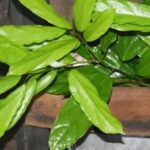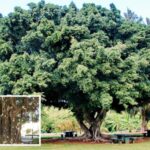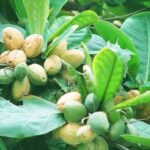Buddha’s Hand Banana, or Chuối Thanh Tiêu in Vietnamese, is a unique fruit native to Hue, Vietnam. With a distinct shape resembling a Buddha’s hand, this fruit was once an imperial delicacy, rich in cultural and nutritional value.
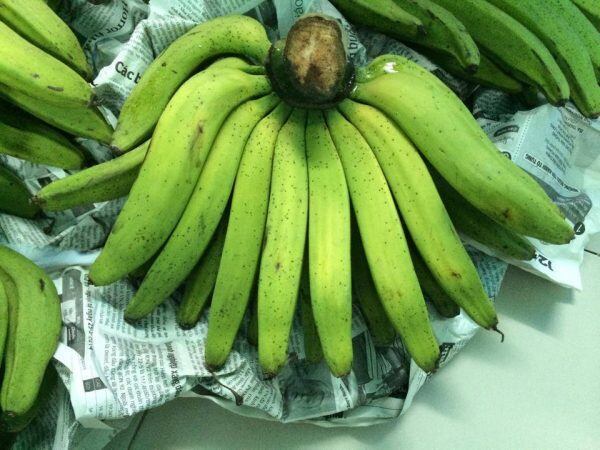
Buddha’s Hand Banana, a unique fruit with a distinct shape.
Buddha’s Hand Banana is known for its sweet yet subtle flavor and firm texture, even when ripe. It is a rare delicacy, as it is quite demanding in terms of soil and care, requiring fertile alluvial soil and consistent moisture. The fruit is also known for its unusual appearance, with thick, elongated fingers and a deep hue.
“Buddha’s Hand Banana is very particular about its growing conditions,” says Ms. Hoa, a local farmer from Hue. “In addition to the right soil and organic fertilizer, we have to constantly tend to the plants, pruning them to ensure the bananas grow well. Each plant needs a support structure to bear the weight of the heavy bunches.”
The rare fruit is typically harvested in autumn and is sold across Vietnam, with Hanoi and Ho Chi Minh City being the biggest markets. A bunch of Buddha’s Hand Bananas can cost between 50,000 to 100,000 VND, depending on its size. In supermarkets and specialty fruit stores, they are sold by weight, with prices ranging from 30,000 to 45,000 VND per kilogram.
Once a forgotten fruit, Buddha’s Hand Banana has regained popularity and is now cultivated in several districts of Hue, including A Luoi, Nam Dong, and Lai Bang, providing a source of income for many local farmers.
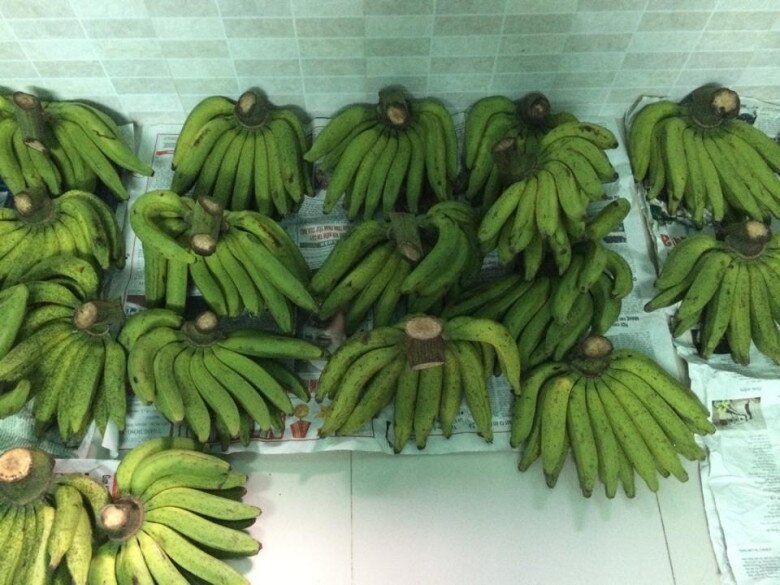
Buddha’s Hand Bananas on display in a supermarket, priced at 45,000 VND per kilogram.
“It’s a delicate process to grow these bananas,” adds Ms. Hue, another local farmer. “We have to be careful with fertilizing and also use the banana plant stalks as fodder for our livestock.”
Ms. Duong, a resident of District 1 in Ho Chi Minh City, shares her experience with the fruit: “I first encountered Buddha’s Hand Banana during a business trip to Hue. I was intrigued by its unique shape and delicious taste. It has the perfect balance of sweetness and firmness. Recently, I was delighted to find it being sold in the supermarket near my home, and my family has been enjoying it ever since.”
“Vinamilk Inspires Sustainability Through Vietnam’s Premier Robotics Competition for Students”
Vinamilk is proud to be a part of the ROBOTACON WRO 2024 journey, the largest robotics competition for youth in Vietnam. This year, with a focus on Earth and sustainability, Vinamilk Green Farm is taking the competition to new heights with a range of exciting activities. The event serves as a platform to select the brightest young minds in robotics to represent Vietnam in international competitions in Singapore and Turkey.
























